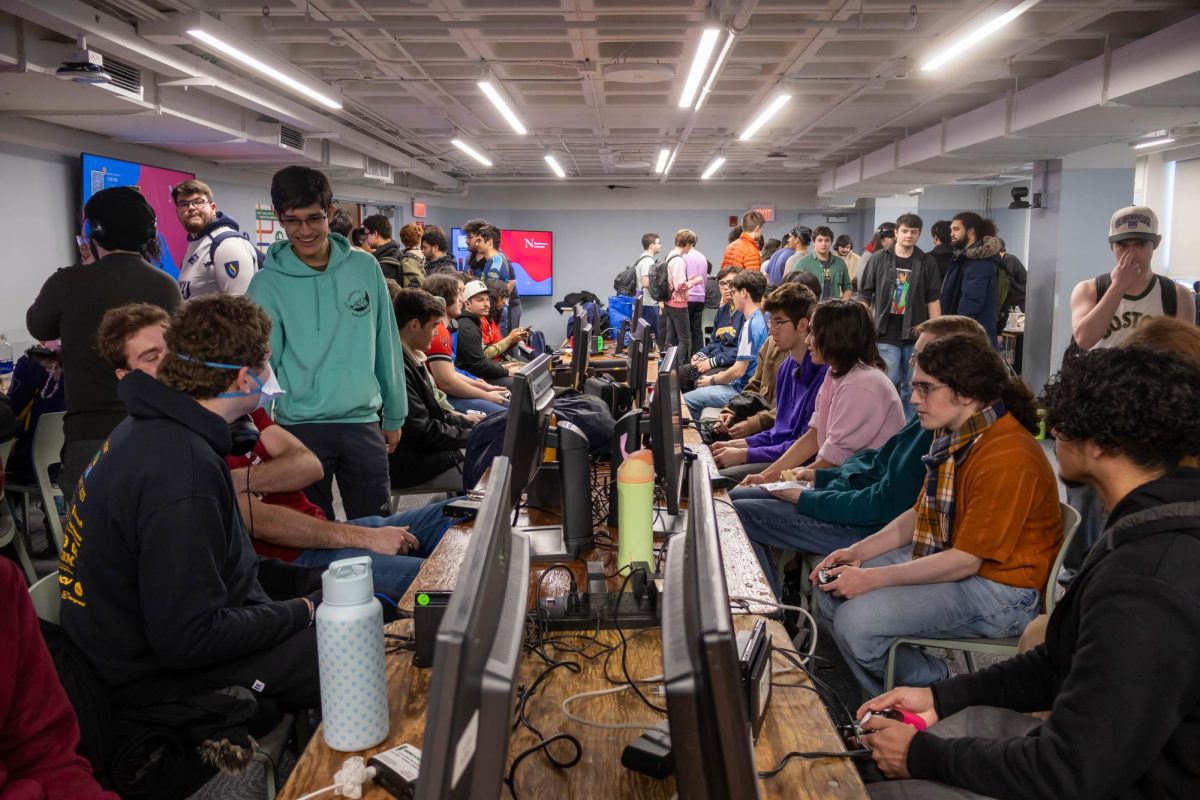Two events during the spring semester at the university lead me to write this. First was the attention given by the administration to the greening of the campus, to the threat of global warming and to the need to take appropriate action. Second was the death of a cyclist on Huntington Avenue. Northeastern needs to become more bike conscious to strengthen their devotion to the greening of campus and the safety of students.
I have commuted by bicycle to Northeastern since 1958, the first 10 years from Cambridge, the past 40 from Brookline. During that half century, the number of bikes arriving to campus has increased from about one, mine, to hundreds. Yet, the administration has done essentially nothing to encourage biking to or on campus.
For lack of properly located and designed racks, bikes are locked helter-skelter along railings (in particular on those leading to the Snell Library), on benches, on lampposts and on fences.
At Centennial Commons, signs are carefully posted to forbid bikes on the fences around the median. The only nearby rack is on the other side of Behrakis Health Science Center, well out of sight. Nowhere, except in Renaissance Garage, unbeknownst to most people and too far away to be usable, is there a small shelter for bicycles. The Krentzman Quad has not a single bicycle rack, while the terrain between Ell Hall and Mugar Hall vacated a few years ago by a food vendor goes unused – the perfect place for secure, even covered, bicycle parking.
More devastating is the total neglect of bicycle safety around the campus. Neither the university nor the city has done anything to reduce the likelihood of the kind of accident that killed a MassArt student in April. Forsyth Street is wide enough to permit the marking of a bike lane on both sides from the Orange line to Hemenway Street. A university this large and wealthy enough to spend $9.8 million, for President Joseph Aoun’s residence, according to a September 2006 News article, is surely able to afford at least a part-time bicycle coordinator. This coordinator could plan how to make the streets in and around campus safer for bicycles and pedestrians, how to make biking an attractive alternative to a car, or even to public transportation, and how to provide training to students and others for safe biking and bike maintenance.
Boston has the potential to be a great city for biking, with its relatively small distances and flat terrain. Northeastern could help make it a better place for biking and a more attractive place for the many young people who know biking is the best form of transportation, the only one that gives you enjoyment and exercise and is economical and ecological.
-Bert Scharf is a research professor of psychology (emeritus) and senior scientist.









